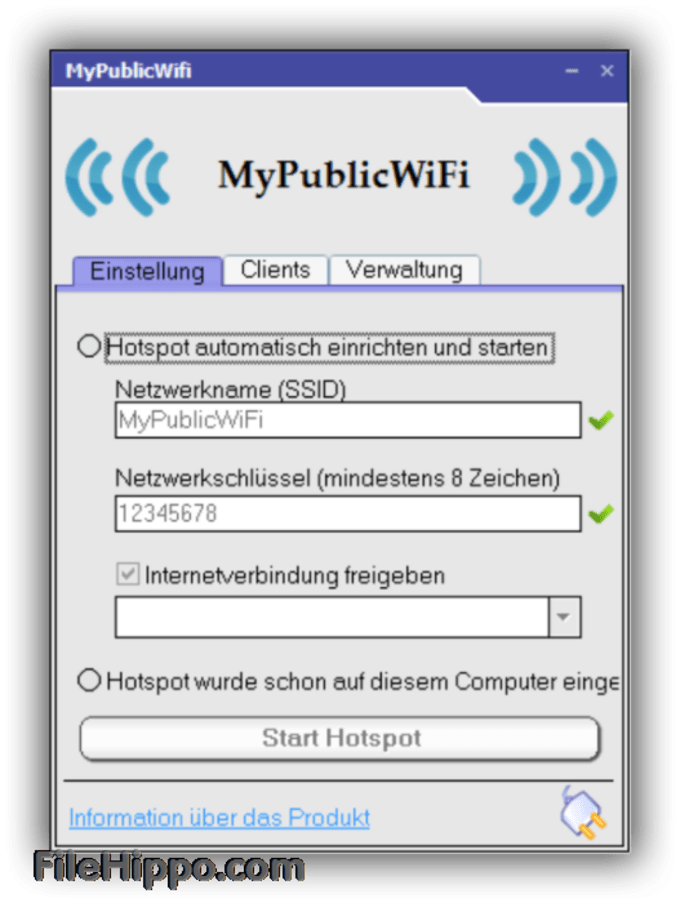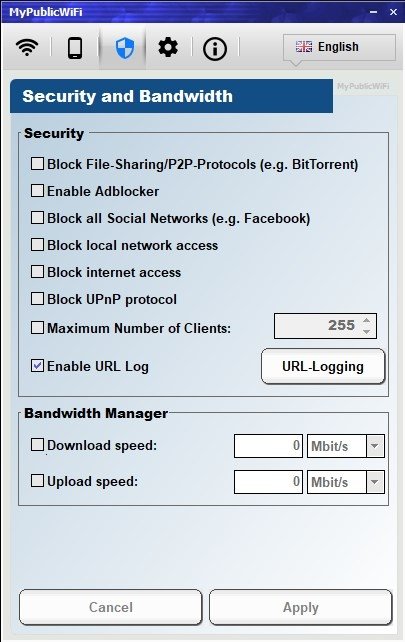
Here are a few tips to help you make it harder for cybercriminals to steal your information on public Wi-Fi: Better Wi-Fi Security Habits to Stay Safe from Cybercrimeĭid you know that 60% of consumers think using public Wi-Fi is riskier than using a public restroom? Yet, while the Norton Cybersecurity Insights Report revealed that people are aware of the risks of public Wi-Fi, the survey also showed that people are not practicing safe security habits online. Once a victim connects to the rogue Wi-Fi hotspot, the host hacker can then intercept data and even use tools to inject malware into the connected devices.

This is an open hotspot, usually with a name similar to that of a legitimate hotspot, which cybercriminals set up to lure people into connecting to their network. Rogue HotspotsĪnother risk of using free public Wi-Fi is that you may be connecting via a rogue hotspot. Your sensitive information, such as passwords and financial data, are then vulnerable to identity theft. What is an MITM? It’s when a cybercriminal exploits a security flaw in the network to intercept data.Įssentially, this gives a hacker access to sniff out any information that passes between you and the websites you visit - details of browsing activities, account logins, and purchase transactions.

One of the dangers of using a public Wi-Fi network is that data over this type of open connection is often unencrypted and unsecured, leaving you vulnerable to a man-in-the-middle (MITM) attack.

To avoid becoming one of millions of victims of cybercrime, here’s what you need to know about the risks of public Wi-Fi and how to stay safe online. Free public Wi-Fi is a hacker’s playground for stealing personal information. With public Wi-Fi available everywhere, what seems like a convenience can actually put you at risk. The Norton Cybersecurity Insights Report announced that 594 million people around the world were victims of cybercrime in 2015, with 21% of Americans getting their email hacked and 12% having their financial data stolen after shopping online.


 0 kommentar(er)
0 kommentar(er)
